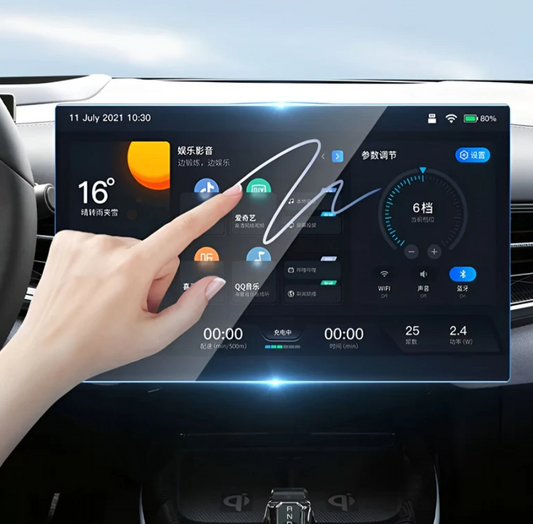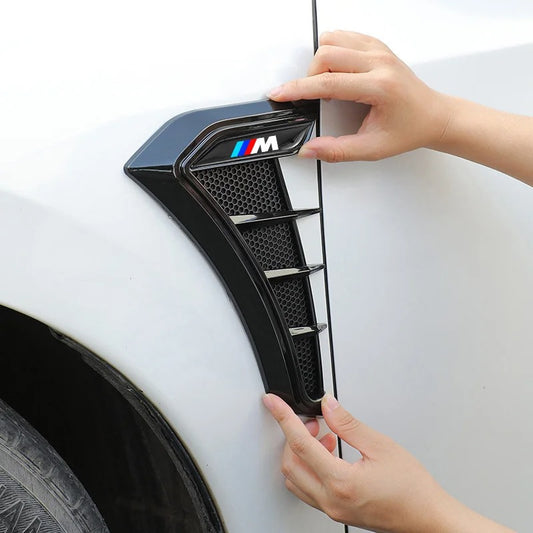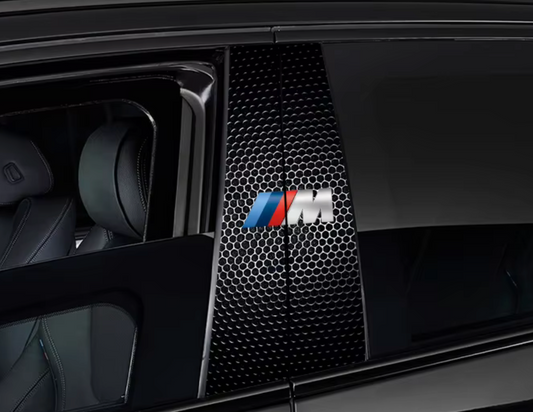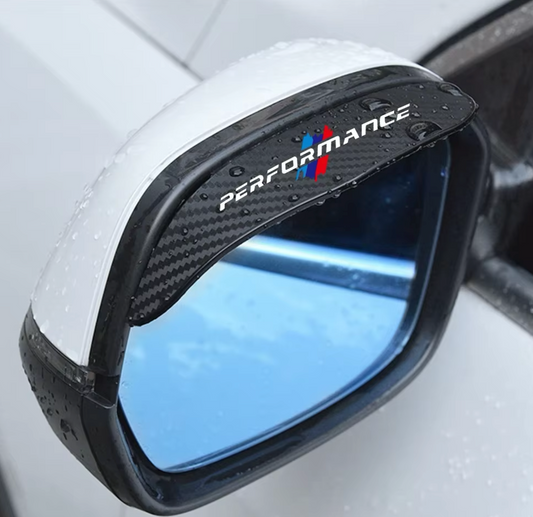The control systems in BMW vehicles have experienced significant advances in recent years, transforming the driving and safety experience for users. In this article, we will explore the most notable trends in control systems for BMW, from the integration of artificial intelligence to driver assistance technologies.
Artificial Intelligence and Connectivity
The integration of artificial intelligence has revolutionized the control systems in BMW vehicles, allowing a more intuitive and personalized interaction. By using voice recognition and machine learning systems, drivers can access vehicle functions, make adjustments and receive assistance more efficiently.
Driver Assistance Technologies
BMW control systems have incorporated advanced driver assistance technologies such as adaptive cruise control, automatic parking assist and collision warning systems. These innovations not only improve safety, but also provide a more comfortable and quiet driving experience.
Human Machine Interface (HMI)
The evolution of the human-machine interface has been fundamental in the development of control systems for BMW. Touch screens, customizable control panels and the integration of mobile devices have optimized the driver's interaction with the vehicle, offering more intuitive and user-centered operation.
Security and Data Management
BMW has prioritized security and data management in its control systems, implementing advanced encryption technologies and real-time monitoring systems. Protecting vehicle information and preventing unauthorized access are fundamental aspects of current trends.
These trends in control systems for BMW represent the constant commitment to innovation and cutting-edge technology, offering drivers an exceptional and safe driving experience.













